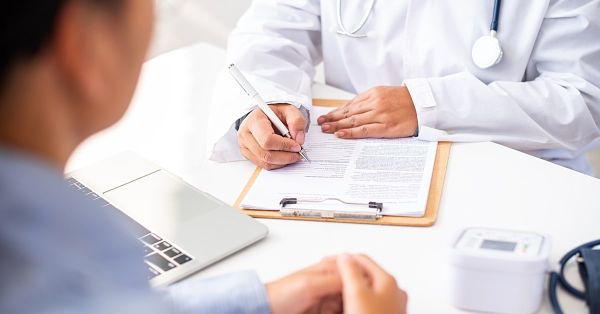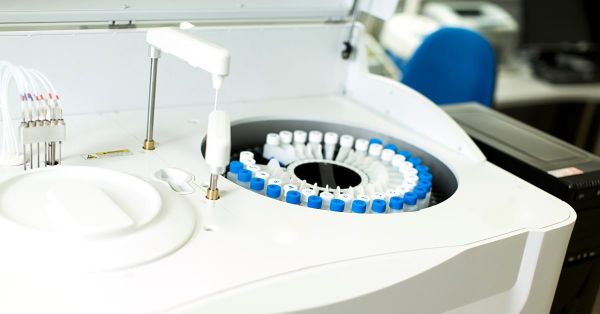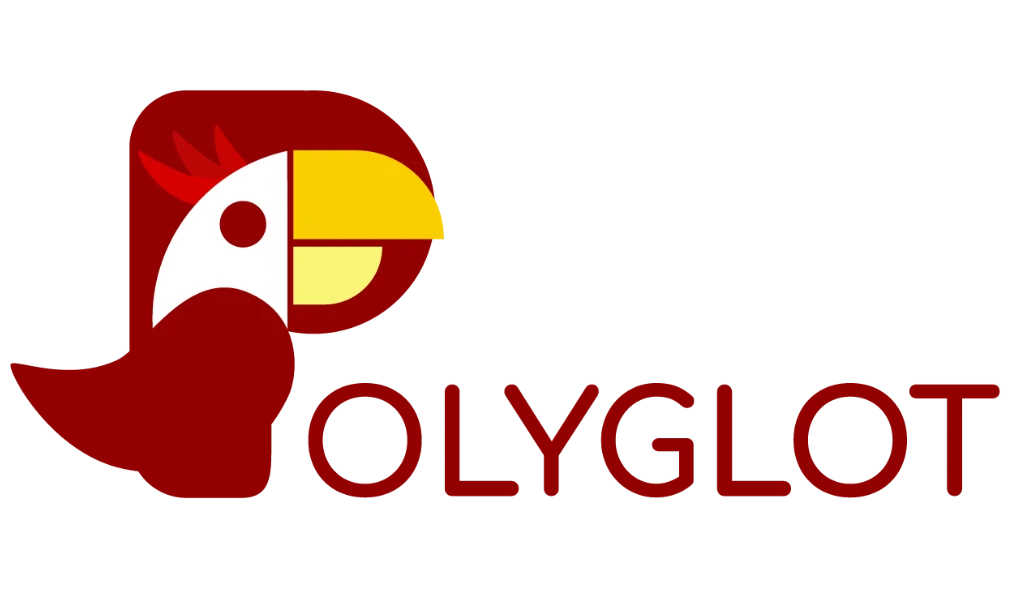Specialised translation has a main role in healthcare. Medical texts, phrases, loanwords from latin, medical records, various diagnoses or documents of past treatments. Allergies, sensitivities, foods to avoid, permanent illnesses of our own or our family members’. Important documents and information that often literally affect our very own lives. It is no coincidence that medical translation is the area where mistakes are not allowed and there is no room for any errors. Consequently, medical translation is a quite difficult, complex field, filled with technical terms, where every single letter and word has its own meaning. This is why medical translation is mostly done by expert translators with a medical background.

A sector of constant renewal
As many other fields in our world, medical and healthcare sector is characterised by innovation, constant renewal and thus it is permanently changing. Not only various branches of medicine and pharmacy are advancing rapidly, but also therapeutic methods and diagnostic tools are evolving at a rapid pace. Computer and information technology processes. it is also becoming more and more advanced and complex as well. Medicine is a broad and multidisciplinary field. The development of this industry has an impact on the activity of related sub-sectors. While this thrilling and rapid development is extremely benefitial to humanity, it also urges professionals, specialised in medical translations, to keep updated. There is no doubt that this is such a profession that demands continuous, ongoing training and challenges.
A constant renewal for specialised translation experts too
Medical translation experts can only stay up to date via constant renewal as well. Therefore, individuals engaged in medical translations are not only familiar with medical terminology, technical terms and phrases. Their work involves keeping up to date with the latest developments and technological innovations. They also need to be aware of the latest medical procedures and treatments. The challenging but exciting task that is medical translation is therefore a complex procedure. It can only be done properly by a specially qualified and experienced team.

Specific expertise, specific medical translation
Translations in the field of healthcare require special background knowledge and expertise. To produce translations on various medical or pharmaceutical topics, neither outstanding, native-level language skills nor qualifications and experience in the specific field alone are sufficient. In the case of medical translations, it is essential that both the appropriate level of linguistic proficiency and professional competence complement each other.
Thus, for the translation of medical and pharmaceutical texts caution, high-level professional skills and serious preparatory work are mandatory. As it is a wide-ranging field of expertise, translating its texts requires not only general medical and pharmaceutical knowledge but also some technical knowledge (regarding the operation of many diagnostic and measuring devices) and some further special expertise. Translating contents of such subject is a great responsibility. It demands perfect understanding of the relevant terminology.

When may we need medical translation
We might not even realise in how many different areas we may need medical translation. Just consider how challenging it is at times to understand medical terminology even in our own language. Not to mention expressing the same medical content in a foreign language! To showcase just how diverse this special profession can be, we have put together a non-exhaustive list of relevant topics and types of documentation.
These are the healthcare segments where accurate medical translation is fundamental:
- patient information leaflets
- medical records, laboratory results
- instruction manuals for imaging systems
- clinical trial protocols
- instruction manuals and descriptions for medical instruments
- medical reports
The listed segments and topics are of course much broader. In this case, the goal was to use these examples to at least illustrate how diverse the work of a medical translator can be.

What should be considered during medical translation?
The first and most important aspect, especially from the translation agency’s perspective, is choosing the appropriate expert for the task. Medical translations are ideally performed by specialized translators or proofreaders with many years of translation experience. Or by translators with a background in medicine or the pharmaceutical industry. In an ideal case more people should work on the same material. Or at least a professional proofreader should be involved to ensure that more perspectives and professional experience are complementary in the translation. The issue of discretion is also another important aspect to consider while selecting not only the translating professional, but the translation agency itself. We have to keep in mind that sensitive data and information should be processed while translating a medical record, diagnosis or a medical report. Therefore, particular attention must be paid to personal data and privacy protection. That is why entrusting the right translation agency with the task is crucial.






